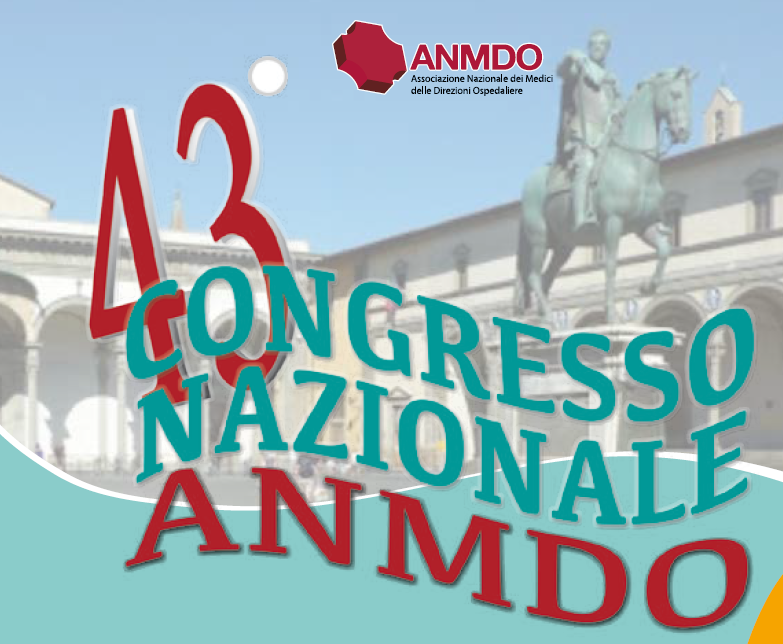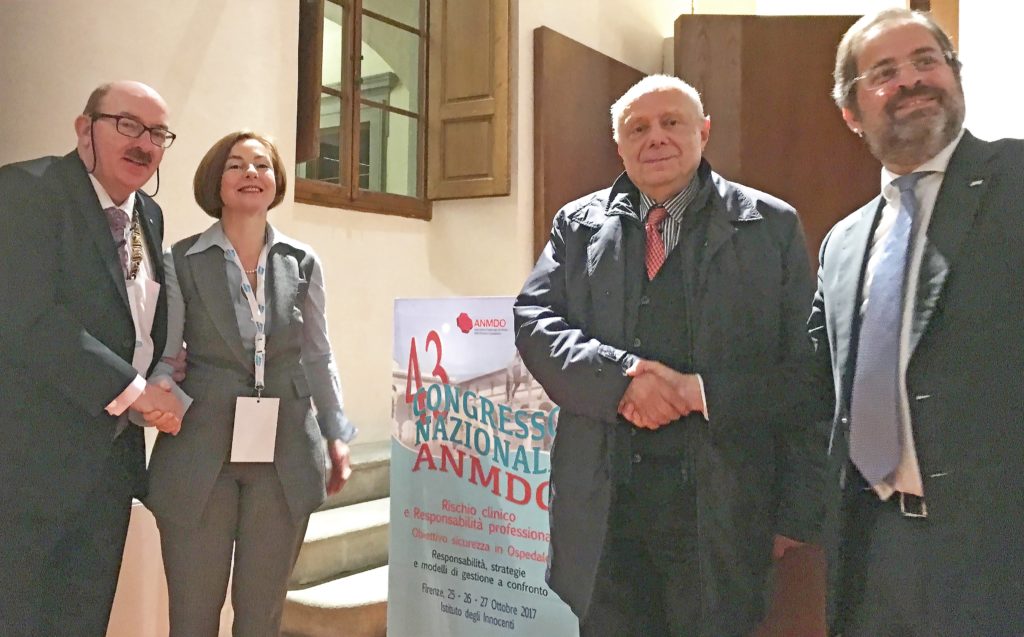
EAHM meets ANMDO during the 43e National congress in Firenze from 25th to 27th October 2017.
 The occurrence of an unexpected event brings into crisis an unprepared mind, but it can be effectively tackled and solved by those who observe reality with a rigorous approach.
The occurrence of an unexpected event brings into crisis an unprepared mind, but it can be effectively tackled and solved by those who observe reality with a rigorous approach.
- What is the relationship of health professionals with the consequences of their actions?
- Are we prepared to recognize and deal with unexpected events that occur more frequently than in our hospitals?
- How widespread is the culture of prevention of clinical risk in Italy? And furthermore, what kind of homogeneity do application tools have?
- What is the degree of awareness that, in a complex organization such as the hospital, the approach to the problem can not be individual, but systemic?
- In what terms, morally and legally, even more in the light of recent legislative changes, are we responsible for our work?
More than twenty-five years after the publication of the theories of J. Reason and more than fifteen years since the establishment of the To Err is Human report by the Institute of Medicine, the error is still experienced too often as individual fault. The cultural leap necessary to frame it in a system perspective, overcoming the blaming and transforming it into a resource capable of improving the organization, requires the acquisition of a widespread awareness, possible through training and comparison. It is on these assumptions that ANMDO has chosen to dedicate its 43rd National Congress to the topic of hospital safety, with particular attention to the comparison of strategies and management models.
These aspects will be accompanied by a detailed reflection on professional responsibility. To be responsible for oneself and for others, especially patients, means among other things to seek appropriateness in choices, to pursue the good of the patient avoiding defensive behaviors, to acquire a free and informed consent because it is founded on the alliance mutual, favoring teamwork and the well-being of the organization, promoting transparency and accountability.
Strengthening security and reducing the possibility of error are among the main consequences of responsible actions. Framing risk management in the right frame of clinical governance, the Hospital Departments become real control booths of a complex and unitary process that, if properly managed, has positive repercussions on quality, fairness and good use of resources. Overcoming this challenge requires the commitment of everyone, including patients, who, in a shared path, can be made protagonists of the welfare process through the promotion of empowerment and their transformation into system resources.
From these considerations emerges the need to give more importance to training and more space to meeting moments, during which to compare experiences and operational models, work to limit inequalities, promote shared paths. And ‘what we try to do with this 43rd conference, which we hope to collect your interest and that we present in the beautiful setting of the Tuscan capital.
more info : http://anmdo.eventicongressimeeting.it/

